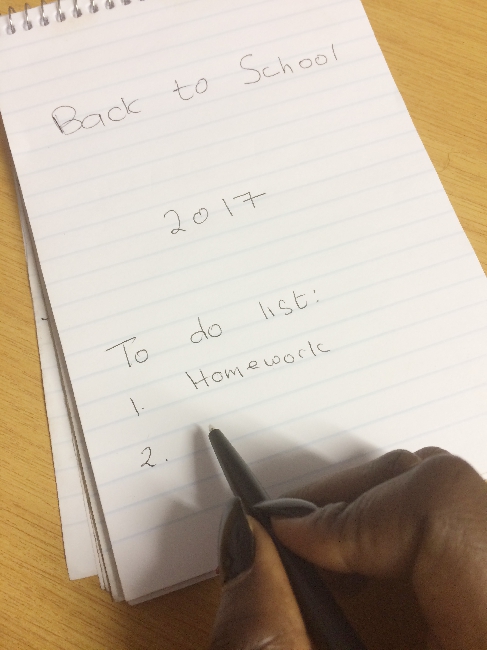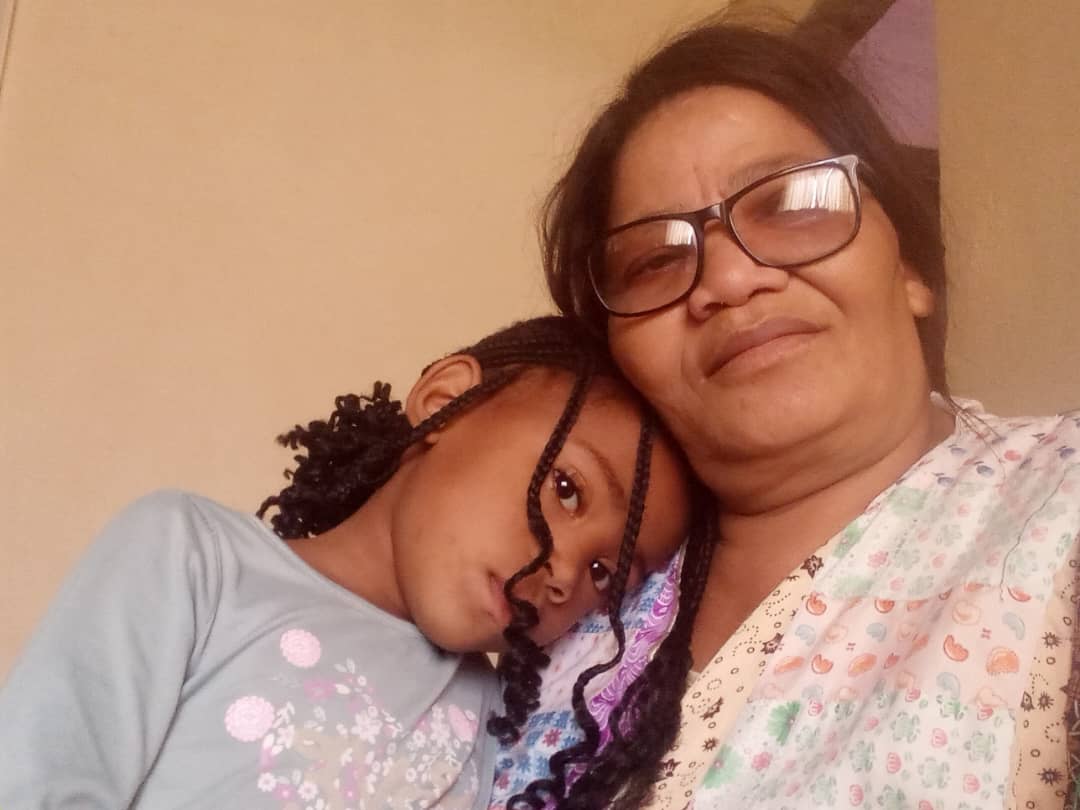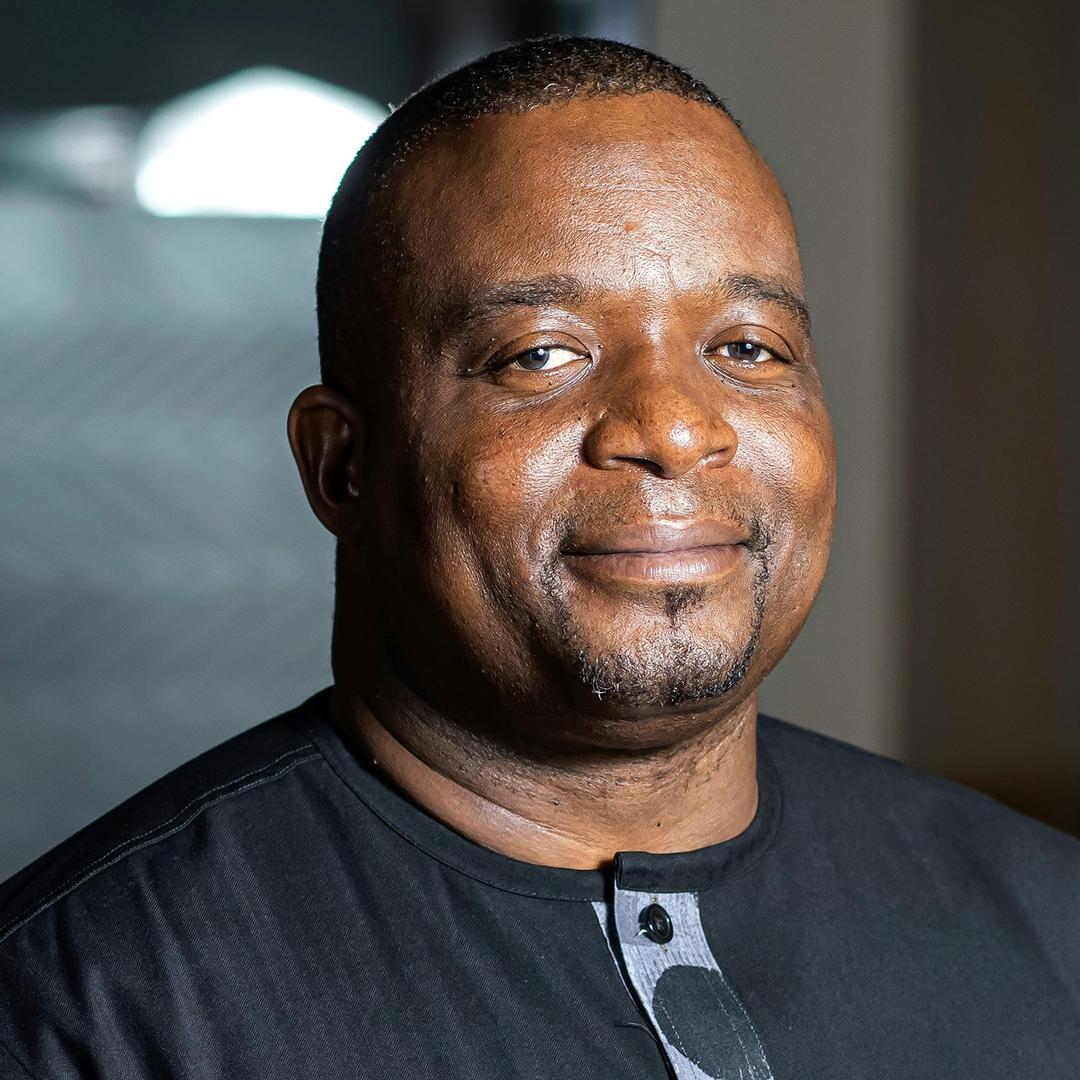It is back to school for many as January marks the beginning of yet another academic year which signals new prospects.
Some are accustomed to using the phrase “new year, new me”’.
For the Average Joe, it signals an era of change because this means setting new year resolutions, targets and goals which can often be tricky and challenging. YouthPaper helps you wrap your head around the year at a new school, university or col- lege.
Getting Organised
According to gooduniversities- guide.com, the first step to having a productive and successful year is to get organised. Pack your lunch box the night before and do your home- work and assessments beforehand so that you are not bombarded with too many things in the morning.
Writing down your plans and objectives usually helps and having a set time frame can help you have a more realistic approach to achieving them. Enjoy setting goals for yourself, so you can transcend your weaknesses and reach your full potential. Your study goals must be realistic and achievable. Start with small steps to reach higher targets. For example, make it your goal to read one page ahead every afternoon after school. Then increase to two or three.
Set both short-term and long-term goals. With these little steps, you can do a better job obtaining good results. Planning is a useful thing, though it’s often underestimated. And ignoring the planning stage is a fundamental mistake. You can check on your productivity and achieve- ments by planning. Weekly planning is a good rule to follow, and daily planners allow you to schedule your day in a convenient way.
Achieving some goals will certainly motivate you to reach more challenging targets. Another motivat- ing factor could be to understand that you work primarily for yourself and your future career. Apart from
the rewards that your parents may promise you, you must understand that studying well is your chance for self development.
If you’re shy, it can be a real chal- lenge for you to make new friends. Perhaps it’s high time to try the other role. Or just find an alternative. For example, you can join clubs according to your interests. When people share the same interests, it’s so much easier to start a conversation with someone since he or she is likely to be similar to you.
Psychologist Shaun Whittaker encouraged positive thinking among new pupils. “High school means new friends and new experiences. Usually one makes new friends on the first day already if you are going to a new town or city. The nervousness disap- pears quickly. Link up with at least one other student on the first day.” But remember to pick your friends well. They can either motivate you or derail you.
Don’t be scared. Everyone else is probably just as nervous as you are. If volleyball is really what you want to do, but all of your friends are
into soccer, play volleyball anyway – you’ll make new friends on that team. You don’t have to run with just one crowd all the time. Have friends in all sorts of places, so that you’ll feel comfortable wherever you are.
You may have heard this a lot before and think classes are ‘lame’, but this is such a good idea. If you do listen to the teacher or lecturer and take notes, you will save so much time on homework, and you will actually learn! That is why you go to school, after all.
If you don’t take care of yourself, who will? Being healthy is always an important step so that you can study better and concentrate in class. Pack healthy lunches such as sandwiches. Drink more water – keeping a bot- tle in your bag is always helpful, especially if you’re moving from one class to another.
Decide right away that you will put some effort into your schoolwork and studies. If you find you have a hard time focusing when studying alone at home, see if you can find a study partner, or even better, a study group (three or four people who will agree to study together). You will be surprised at how much your studying improves when you have someone else to ask and how much less nerv- ous you are about tests.
Stay informed with The Namibian – your source for credible journalism. Get in-depth reporting and opinions for
only N$85 a month. Invest in journalism, invest in democracy –
Subscribe Now!










